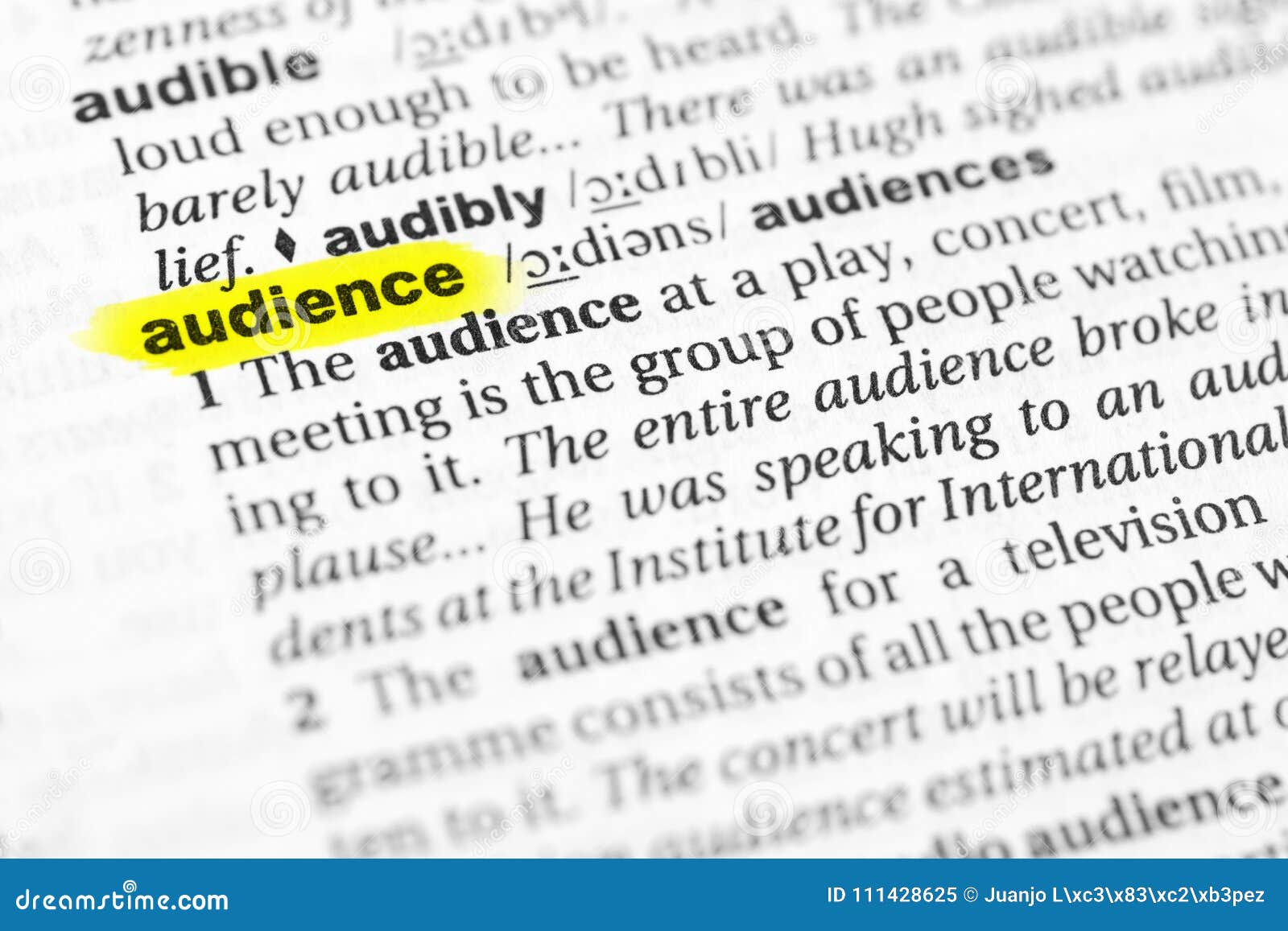

Stressing the origin of knowledge, Aristotle bases his theory of cognition on the plurality of sensible particulars. Such instances resemble Zeno's idea of unity. Forms as natures are of one specific kind, while there can be many instances of a mathematical form. Nor is his "one" a mathematical form, because Plato distinguishes mathematical forms from forms as natures. His plurality of kinds of being, it should be noted, is not Zeno's plurality of units. Yet Plato makes no clear reduction of the Good to the One. The Good, for him, is above natures or forms and is not strictly a form itself. He raises the question whether this "many" can be reduced to anything more ultimate, and suggests, in the Republic, a reduction to the good. Plato thus stresses a plurality of natures. Changing things are intelligible insofar as they participate in some form, or unchanging nature. In his doctrine of forms ( ί δ έ α ι), a form expresses being as a nature, a type and forms are stable, necessary natures. While aware of Parmenides's statement that whatever is, is one, plato understood "whatever is" as divided into this and that being. Thomas Aquinas and finally in modern thought, with particular emphasis on its role in recent mathematics.Ĭlassical Thinkers.

In view of the influence of history on the development of this concept, we shall outline how unity is treated first in the works of Plato, Aristotle, and Plotinus then in the medieval tradition as exemplified by St. Although the parallel is not absolute, the abstract meaning envisages all being as participating in unity or as having the common character of unity, while the concrete meaning has reference to the parts of a whole. The resulting positions, namely, that unity is a property of what is and that a unity is part of a whole, are respectively linked to the abstract and the concrete meaning. The "many," in his view, were also "ones" as parts or units of a quantitative whole, or as constitutive of plurality. A follower of Parmenides, zeno of elea, thereupon developed the paradoxes of the many. Being becomes thus self-identical it is one. If all is being, there is nothing that is not being. He held that whatever is constitutes the realm of being, since he could not think that what is, is not. The diversity of usage can be traced back to early Greek thought.Īmong the pre-Socratics, parmenides noted that the cosmos exists or simply is.

As an abstract noun it refers to a property or character common to everything that can be said to be and in this sense is enumerated among the transcendentals as a concrete noun it refers to a unity, i.e., to some one thing. Since it is an ultimate philosophical notion, it cannot be defined strictly, i.e., in terms that are better known it is also somewhat ambiguous in meaning. Unity, or oneness, is generally regarded as the attribute of a thing whereby it is undivided in itself and yet divided from others.


 0 kommentar(er)
0 kommentar(er)
